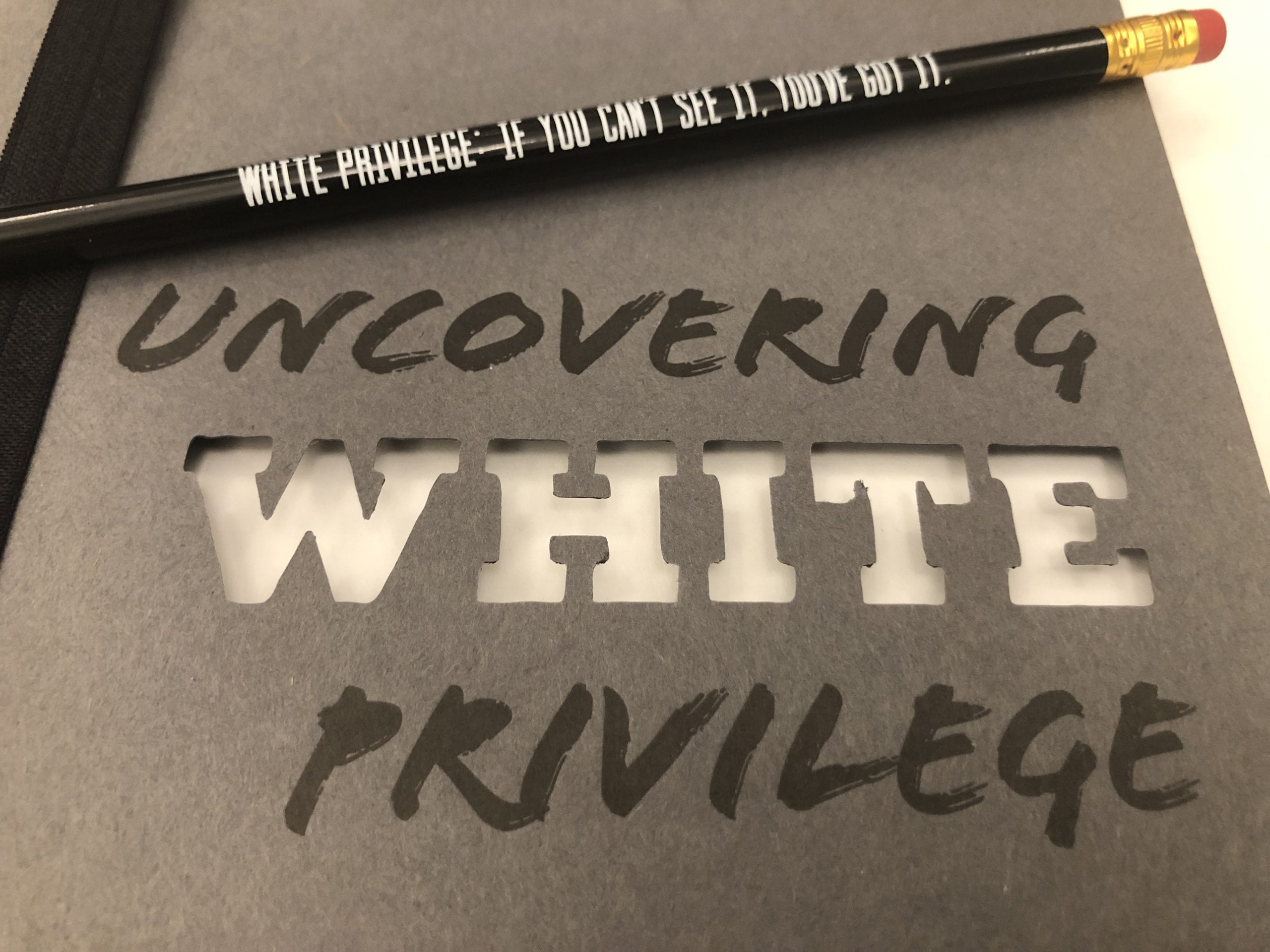News for Faculty: Expanded Collections and Services to Support Research and Remote Teaching in the Arts and Humanities
As we all continue to adapt to this unprecedented remote environment for research and teaching, the library has been expanding both its print and digital collections. While health and safety require that most services remain virtual for time being, access to the stacks and certain services at Shields Library are resuming on a modified basis.
As we plan for the continued growth of our print and archival collections, this fall will also bring the completion of a dramatic expansion of our long-term storage and preservation capacity. More on that below, as well as:
- New resources for teaching diverse perspectives and cultural histories; and
- Expanded digital collections, including films, music and books.
Support for research and virtual instruction
Whether you depend on the library for research or instructional support or both, our librarians are ready to provide all of our services virtually this Fall. (Requests for in-person support will be considered on a case-by-case basis during the pandemic.)
- Virtual research support: Several Researcher Services librarians have training in the humanities and are able to consult on how the library’s resources and services can be woven together to develop and deepen lines of scholarly inquiry. Contact the team at researcherservices@ucdavis.edu with questions or to schedule a consultation at any stage of the research process, from project formation to publication.
- Scholarly publishing and copyright: Questions about the use of copyrighted material often arise in the context of teaching as well as publishing, and we can help with both. For questions about your own publications or Fair Use in the classroom, including in the virtual environment, contact Scholarly Communications Officer Michael Ladisch.
- Instructional support: Student Services offers virtual learning support to help your students cultivate a thorough understanding of research methodology and the role of print and electronic resources in academic research, as well as critical thinking, creativity, problem-solving and intellectual independence. Subject guides in every discipline are available through the library’s website; customized course guides can be developed upon request. Contact the team at libraryinstruction@ucdavis.edu or use the instruction support form to request support with teaching information research skills in your courses.
- Using the archives: Archives and Special Collections welcomes opportunities to collaborate with instructors to provide hands-on learning experiences and develop students’ skills in using primary sources. Remote learning sessions, orientations, workshops, active learning activities and assignment support are available by request. Watch our video to learn more. UC Davis affiliates may also schedule individual research visits in Archives and Special Collections by appointment only, Tue-Fri, 1:30-4:30pm.
New resources for teaching diverse perspectives and cultural histories
Across the university, we renewed our commitment this summer to increasing understanding of diverse perspectives, cultures and communities. Several new acquisitions in the library’s online and special collections can help support curriculum, discussion and scholarship on these topics:
- Black Thought and Culture is a collection of non-fiction writings by major American black leaders covering 250 years of history.
- Indian Claims Insight includes decisions, transcripts, docket books, journals of the Indian Claims Commission (a judicial panel for relations between the U.S. Government and Native American tribes), and related statutes and congressional publications searchable by keyword, full text, docket number, and more.
- The recently published artist book Uncovering White Privilege: A Primer joins other materials in the library’s Archives and Special Collections that support the study of diversity, race and gender, including the political and social movements of the 19th and 20th centuries and the contributions and history of women, the LGBTQIA community, Native Americans, African Americans, Asian Americans, and Chicana/os.
- Resources for Understanding: the Social Movement to End Police Violence Against African Americans, curated by researcher services librarian David Michalski, gathers a selection of books on on civil rights, police violence, racial discrimination and the Black Lives Matter movement.
Case Study: DataLab supports research on social movements
Over the summer, the DataLab collaborated with Sociology Professor Laura Grindstaff to better understand the genesis and evolution of discourses around #BlackLivesMatter and #MeToo in the Twittersphere.
DataLab staff worked with Professor Grindstaff, a team of graduate students, and John Daniels in Sociology’s Computational Research Services to download all tweets that referenced either of the two movements for the first three months after they emerged into public consciousness and again for the three-month period of May-July 2020.
The several million collected tweets were then analyzed using natural language processing techniques to understand the range of discourse for each topic, and to allow the scholars to track both their independent and comparative evolution.
This fall the DataLab will release a call for another round of collaborations, and we particularly invite those in the humanities and social sciences who engage with large corpuses or datasets to apply. Visit the DataLab website for more information and application procedures.

Expanded digital collections: Film, music and books
We have recently acquired a number of digital resources, all of which can be linked directly from Canvas for use in classes.
- Streaming video: We now offer access to new and legacy feature films through Swank Motion Pictures; documentary films via Kanopy, DocuSeek2 and Latin America in Video; and an additional 250 hours of theater performances from Theatre in Video.
- Digital music: New this fall from Alexander Street Press’s Music Online are American Music, Classical Music Library, Contemporary World Music, Jazz Music Library, Popular Music Library, Smithsonian Global Sound for Libraries, and Music Video Collection. Additional music resources currently on order include Die Musik in Geschichte und Gegenwart and Naxos Music Library: World.
- DVD content in Canvas: To support remote teaching, we have rolled out a new service that allows us to convert library-owned DVDs to streaming format for viewing in Canvas.
- More monographs online: Newly published titles from UC Press, Harvard University Press, Columbia University Press, and Cornell University Press are now available online.
Other additions include online access to the New York Review of Books, the Chicago Manual of Style, and Statista, a comprehensive statistics database of more than 1.5 million statistics on over 80,000 topics from more than 18,000 sources.
All of these resources can be accessed by members of the UC Davis community on campus or remotely via the library’s VPN. Contact Bob Heyer-Gray, head of Collection Strategies, with questions.
More space for research collections

It may not be virtual, but also coming online this fall is a 26,000-square-foot addition to the UC’s Northern Regional Library Facility, the temperature- and humidity-controlled offsite storage site that houses many of our unique research collections, along with those from UC Berkeley, Merced, Santa Cruz and UCSF. (The southern California UC campuses share space at the Southern Regional Library Facility. Together, the UCs maintain the largest library collection in the country, all of which is accessible to UC faculty, researchers and students.) The expansion will add capacity for 3.1 million more print materials, providing 10 years of new storage capacity and meeting a critical need as our physical collections continue to grow.
The NRLF project now coming to completion is a key component of the UC libraries’ commitment to retaining the vast array of library materials necessary for research, teaching and archival purposes. Because the growth of library collections over time far surpasses each campus’ capacity to store all such materials onsite, the UC’s shared library storage facilities provide an efficient and cost-effective way to maintain materials — including microfilm, maps, audio discs, manuscripts, archives, and more — in optimal conditions for preservation.
While the NRLF has not yet reopened due to pandemic-related restrictions, materials stored there can typically be requested through our library catalog and available for use on campus within two working days. Through these shared facilities, UC Davis students, staff, researchers, and faculty can also request materials from across the UC system using the Melvyl catalog.